
China
19:25, 22-Mar-2017
Chinese, Japanese wartime justice seekers jointly nominated for Nobel Peace Prize
Updated
11:07, 28-Jun-2018
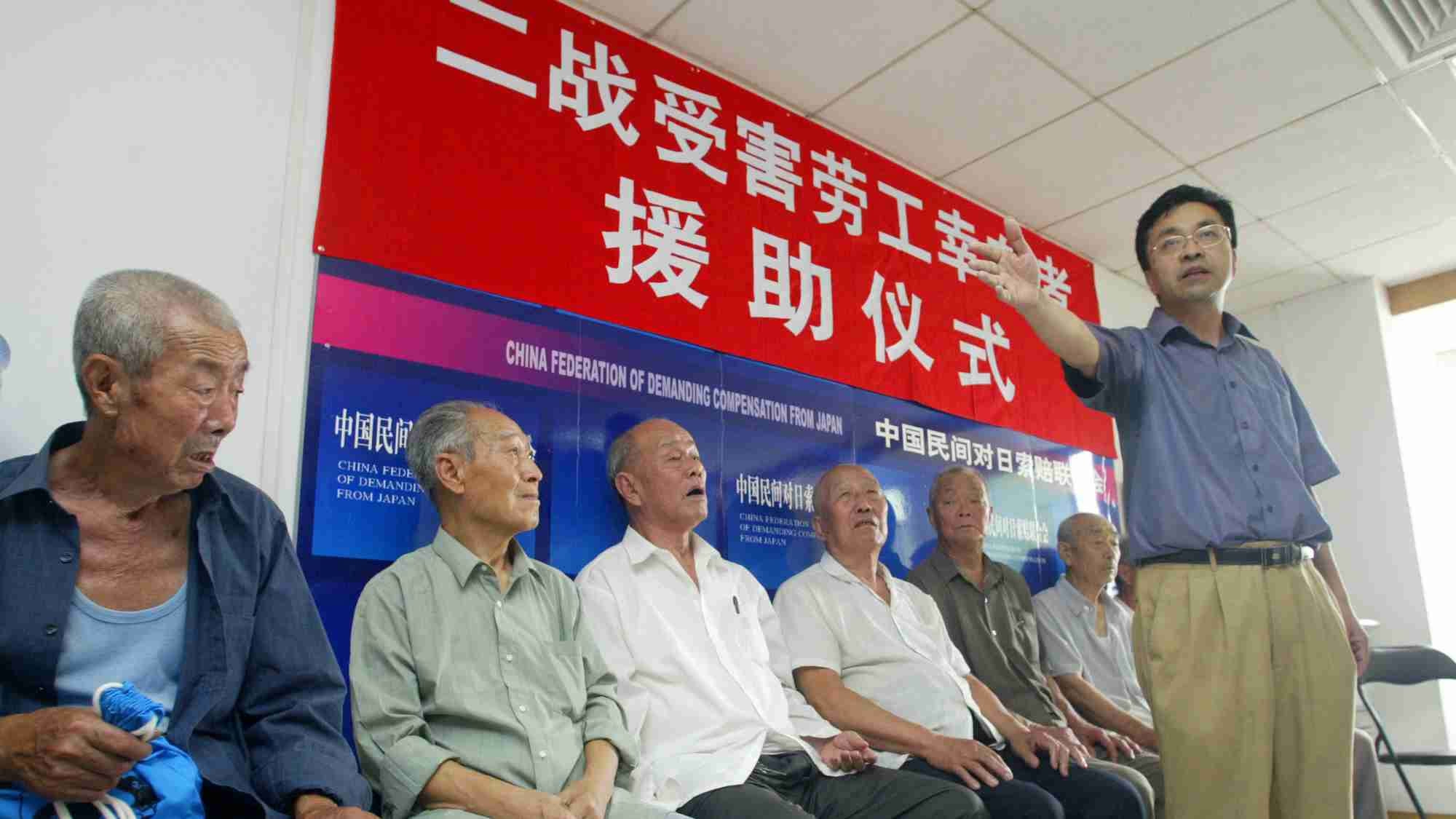
Two civilians from China and Japan have been jointly nominated as candidates for the 2017 Nobel Peace Prize, in an unprecedented move by the Nobel committee which will put the spotlight on the crimes committed by the Japanese military during the War of Chinese People's Resistance Against Japanese Aggression.
Tong Zeng, Chairman of the Chinese Association for Claiming Compensation from Japan, and Onodera Toshitaka, a leading Japanese lawyer who has represented Chinese victims of Japanese wartime aggression in cases against the Japanese government and enterprises, were jointly nominated among 318 candidates for the 2017 Nobel Peace Prize, with 215 individuals and 103 organizations on the short list.
Tong has been a Nobel candidate three times since 2015, and this is the first time that his name has been put forward together with Toshitaka.
Making civilian voices heard, demanding justice
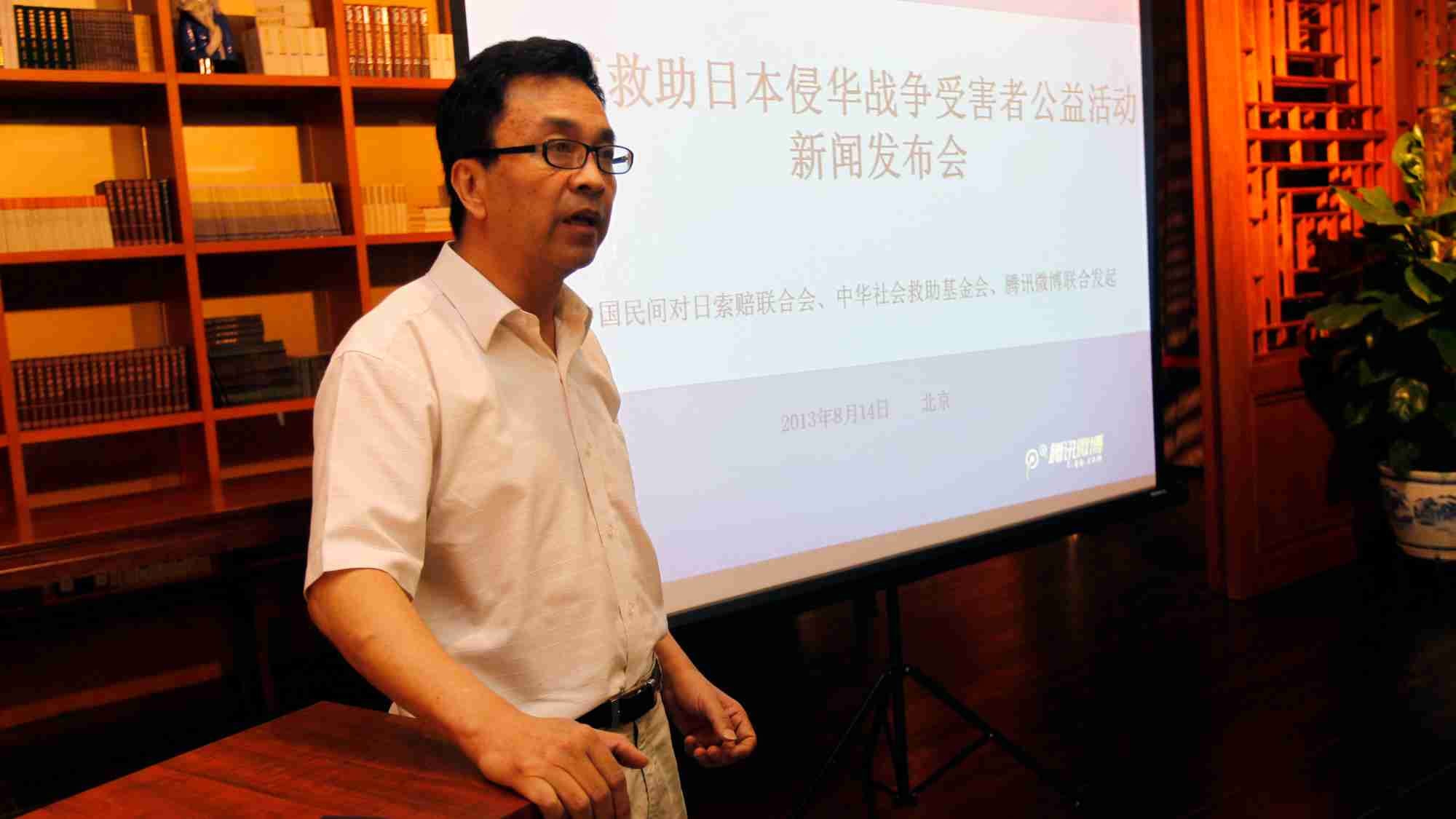
Tong Zeng, Chairman of the Chinese Association for Claiming Compensation from Japan /CFP Photo
Tong Zeng, Chairman of the Chinese Association for Claiming Compensation from Japan /CFP Photo
Tong started his work seeking compensation for wartime victims in 1990, with a great number of Chinese victims contacting him for help in the first five years of his campaign. At the time, Tong received some 10,000 letters from victims and their relatives. Some of the letters received by Tong have been published on a website called “10,000 cries for justice,” a selection of which has been translated into English.
In 1991, Tong, along with 108 Chinese civilians, jointly sent a letter to then Japanese Prime Minister Toshiki Kaifu, asking his government to apologize and compensate Chinese wartime victims. Tong sent two more letters in 2014 and 2016, asking the Japanese government to apologize for the crimes committed by Japanese soldiers in the Nanjing Massacre, in which more than 300,000 Chinese were killed in 1937.
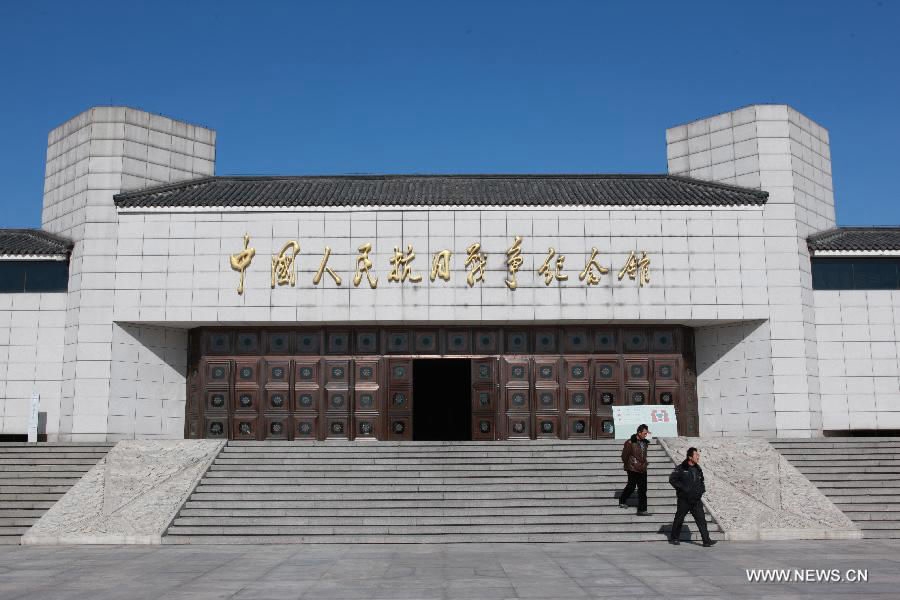
Xinhua Photo
Xinhua Photo
The veteran Chinese activist also looked to help foreign wartime victims who had stayed in China during and beyond the conflict, including South Korean “comfort women,” who were able to successfully return to their hometowns thanks to Tong’s help, after almost 50 years.
Tong’s tremendous work over the past two decades has seen hundreds of thousands of Chinese victims and their relatives voluntarily participate in and support his campaign.
Toshitaka, a Japanese lawyer for Chinese victims
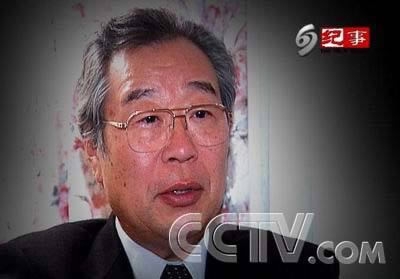
Onodera Toshitaka /Photo from CCTV.com
Onodera Toshitaka /Photo from CCTV.com
After visiting the Nanjing Massacre Museum in 1994, Onodera Toshitaka felt shocked by the atrocities committed by the Japanese Imperial Army against the Chinese people. He started working with Tong Zeng, heading up the lawyers behind the cases filed in Japanese courts on behalf of Chinese victims.
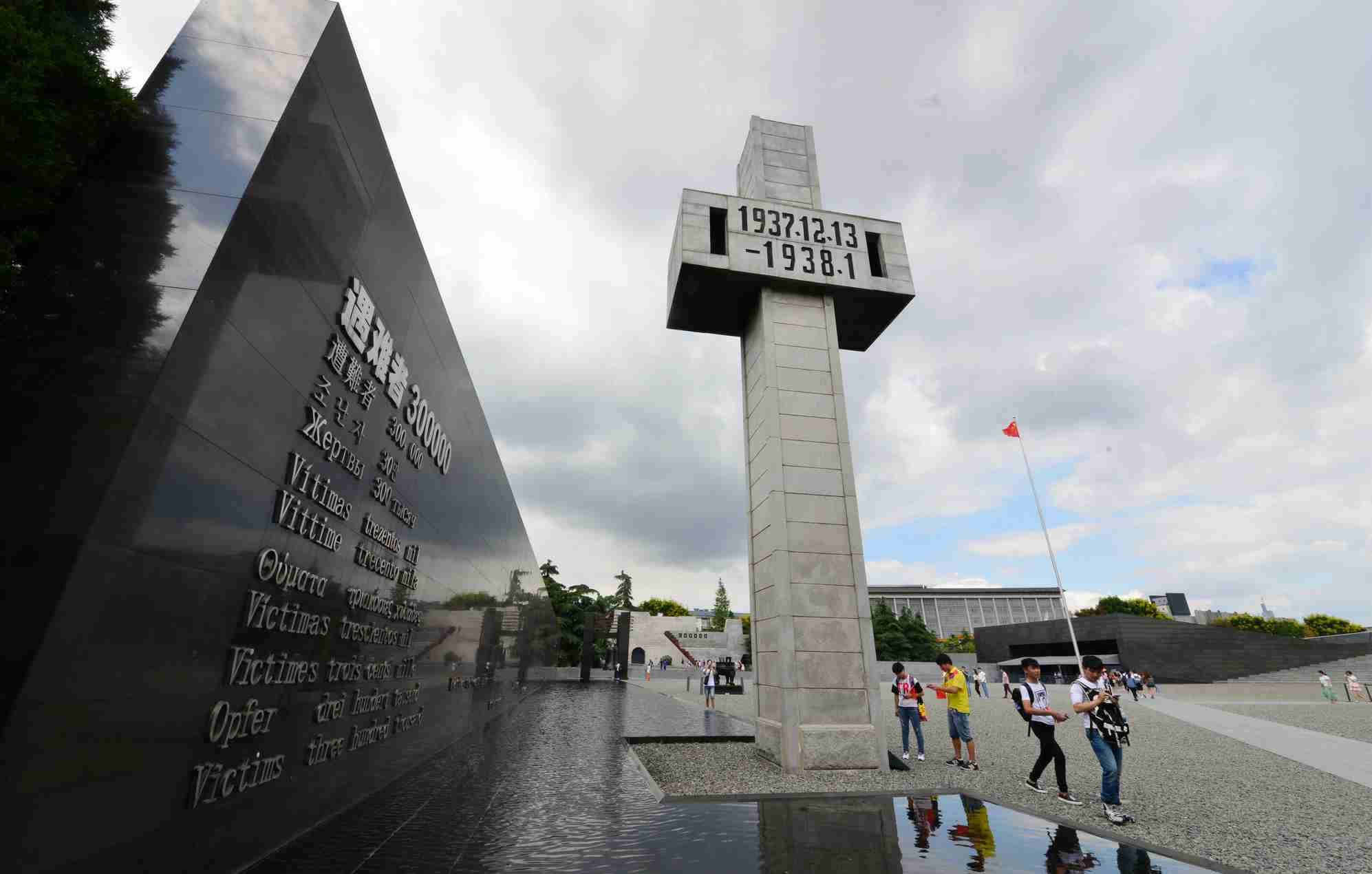
The Nanjing Massacre Museum /CFP Photo
The Nanjing Massacre Museum /CFP Photo
While Toshitaka sued the Japanese government as well as the Japanese enterprises involved in his country’s wartime aggression, he was frequently threatened by Japanese right wing nationalists. However, political intimidation could not stop him, instead spurring him on to help even more Chinese victims seek justice in Japanese courts. The Japanese lawyer even personally mortgaged his house in exchange for a bank loan to provide monetary support for Chinese plaintiffs.
Having visited China more than 50 times to gather evidence, Toshitaka has stood in Japanese courts dozens of times to represent Chinese victims. His career has won him huge support in both political and civilian circles in Japan.
Through Tong and Toshitaka’s joint efforts, Mitsubishi Materials Corp became the first major Japanese group to apologize to Chinese laborers and pay compensation, after it forced them to work in its mines during the war.

SITEMAP
Copyright © 2018 CGTN. Beijing ICP prepared NO.16065310-3
Copyright © 2018 CGTN. Beijing ICP prepared NO.16065310-3